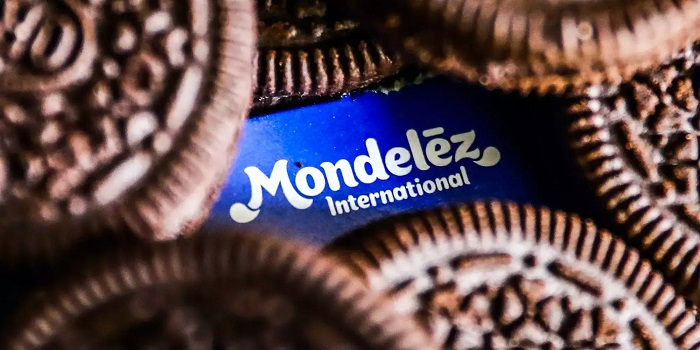In recent news, Oreo maker Mondelez International has found itself caught in the middle of a heated controversy involving its operations in Russia. The multinational food company, known for its popular cookie brand and other beloved snacks, is facing a backlash from Nordic countries due to its business dealings in Russia.
This brewing dispute stems from political tensions between Russia and the Nordic region, primarily over geopolitical conflicts and human rights concerns. Several Nordic countries, including Sweden, Norway, Denmark, Finland, and Iceland, have taken a strong stance against Russia and are implementing measures to voice their disapproval.
Mondelez International, like many global corporations, operates in multiple countries, including Russia, where it has a significant presence. However, its business operations in Russia have drawn criticism from Nordic leaders and activists who argue that by doing business in the country, Mondelez indirectly supports the Russian government’s policies and actions that are contrary to Nordic values.
Nordic critics claim that by maintaining a presence in Russia, Mondelez is indirectly supporting Russia’s involvement in international conflicts, alleged human rights abuses, and crackdowns on civil liberties. They argue that the company’s operations contribute to the Russian economy and ultimately enable the government to pursue policies that are at odds with the principles cherished by the Nordic countries.
This backlash against Mondelez has manifested in various ways. Nordic consumers have expressed their discontent through social media campaigns, boycotts, and petitions aimed at urging the company to reconsider its Russian operations. Some Nordic retailers have also faced pressure to remove Mondelez products from their shelves, signaling a growing movement among consumers and activists to distance themselves from the company.
Mondelez International has responded to the backlash, emphasizing that it operates in full compliance with local laws and regulations in all the countries where it conducts business. The company argues that its presence in Russia allows it to serve Russian consumers and provide employment opportunities for thousands of people in the region.
However, it remains to be seen how Mondelez will navigate this delicate situation. Balancing its commitment to local communities, its global business interests, and the expectations of its Nordic critics presents a significant challenge. The company’s response will undoubtedly shape its reputation and future business prospects in both the Nordic region and Russia.
The Nordic backlash against Mondelez International over its Russian business highlights the complex dynamics that global corporations often face in an interconnected world. As geopolitical tensions and human rights concerns continue to shape international relations, businesses find themselves grappling with ethical considerations and the potential consequences of their operations in politically charged environments.


